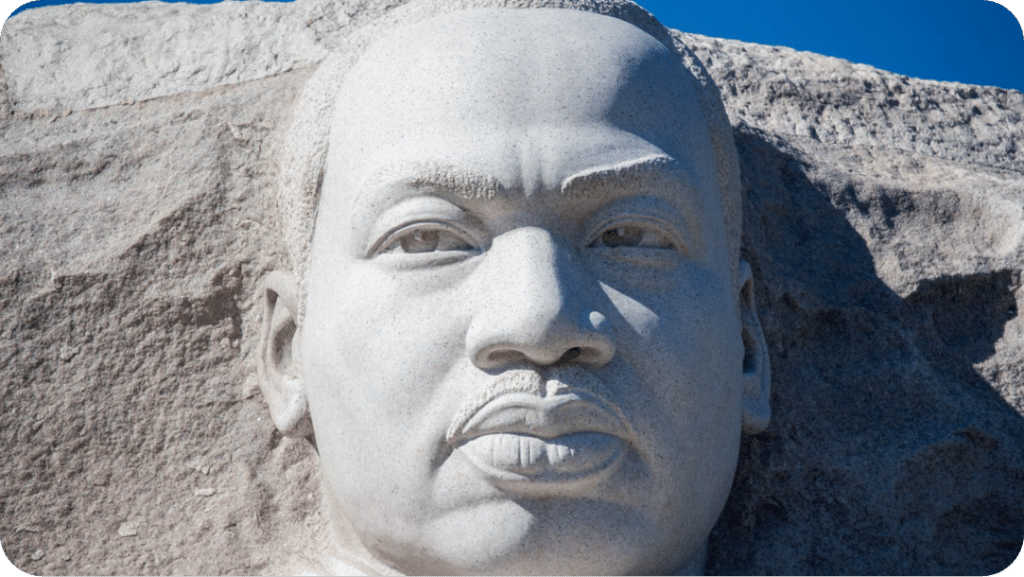Each year on Martin Luther King Jr. Day, we reflect on the progress made toward racial equality and justice while acknowledging the work that remains unfinished. Dr. King’s dream was not just about civil rights in the public sphere; it was about the dignity, security, and opportunity of every individual—especially children, who represent our collective future.
On any given day, over 400,000 children are in the U.S. foster care system. While children of all races experience family separation and the instability of foster care, Black children are disproportionately affected. They make up 14% of the total child population but account for 23% of children in foster care. In comparison, white children make up 50% of the child population and 44% of those in foster care. This stark disparity is not coincidental; it is the result of systemic inequities, generational poverty, and historical injustices that continue to impact Black families.
The Ongoing Struggle for Equity
Despite reforms and efforts to improve child welfare systems, Black children are more than twice as likely to enter foster care as White children and typically remain in the system about nine months longer. Once they age out of care, Black youth face significantly higher risks: 23% experience homelessness, and 29% encounter incarceration—far higher rates than their non-Black peers. The cycle of instability continues, fueled by economic disparities, with 19.5% of Black families living below the poverty line compared to 8.2% of White families.
Dr. King’s vision of justice calls us to address these systemic failures and advocate for meaningful change. The child welfare system must actively work to reduce racial disparities by prioritizing family preservation efforts, supporting kinship placements, and ensuring that Black children in foster care receive the same opportunities for stability and success as their peers.
The Dream in Action
While challenges persist, there are signs of hope. Faith-based organizations, community advocates, and policymakers are working to address these inequities. Efforts such as increasing access to culturally competent support services, mentoring programs for foster youth, and initiatives aimed at recruiting more Black foster and adoptive parents are making a difference.
The Church has a vital role to play in this mission. By stepping up to support foster families, advocate for systemic reform, and provide resources to vulnerable children, we can help turn Dr. King’s dream into a reality for Black children in foster care.
Answering the Call
This Martin Luther King Jr. Day, let us not only celebrate his legacy but also commit to action. Let us be voices for the voiceless, advocates for the vulnerable, and champions of justice. Change starts with awareness, but it is sustained through action. Whether through mentorship, foster care support, or policy advocacy, each of us has a role to play in ensuring that every child—regardless of race—has the opportunity to grow up in a safe, loving, and permanent home.
Dr. King once said, “Life’s most persistent and urgent question is, ‘What are you doing for others?'” May our answer be one that honors his legacy and transforms the future for Black children in foster care.


